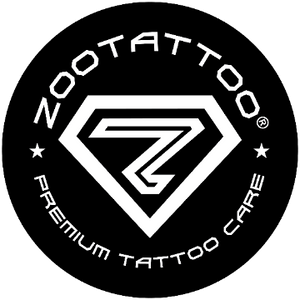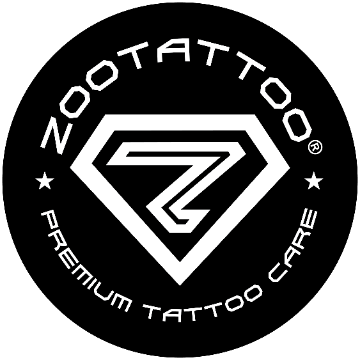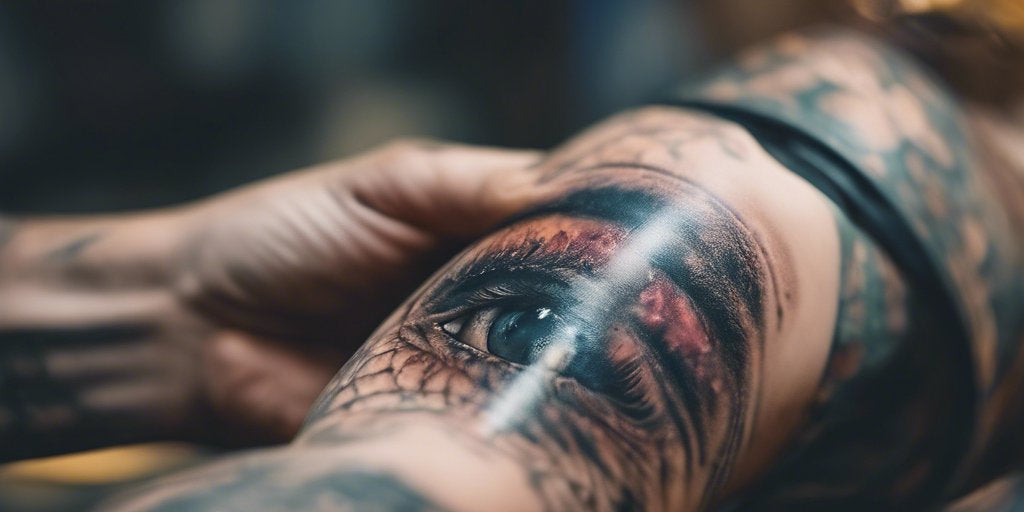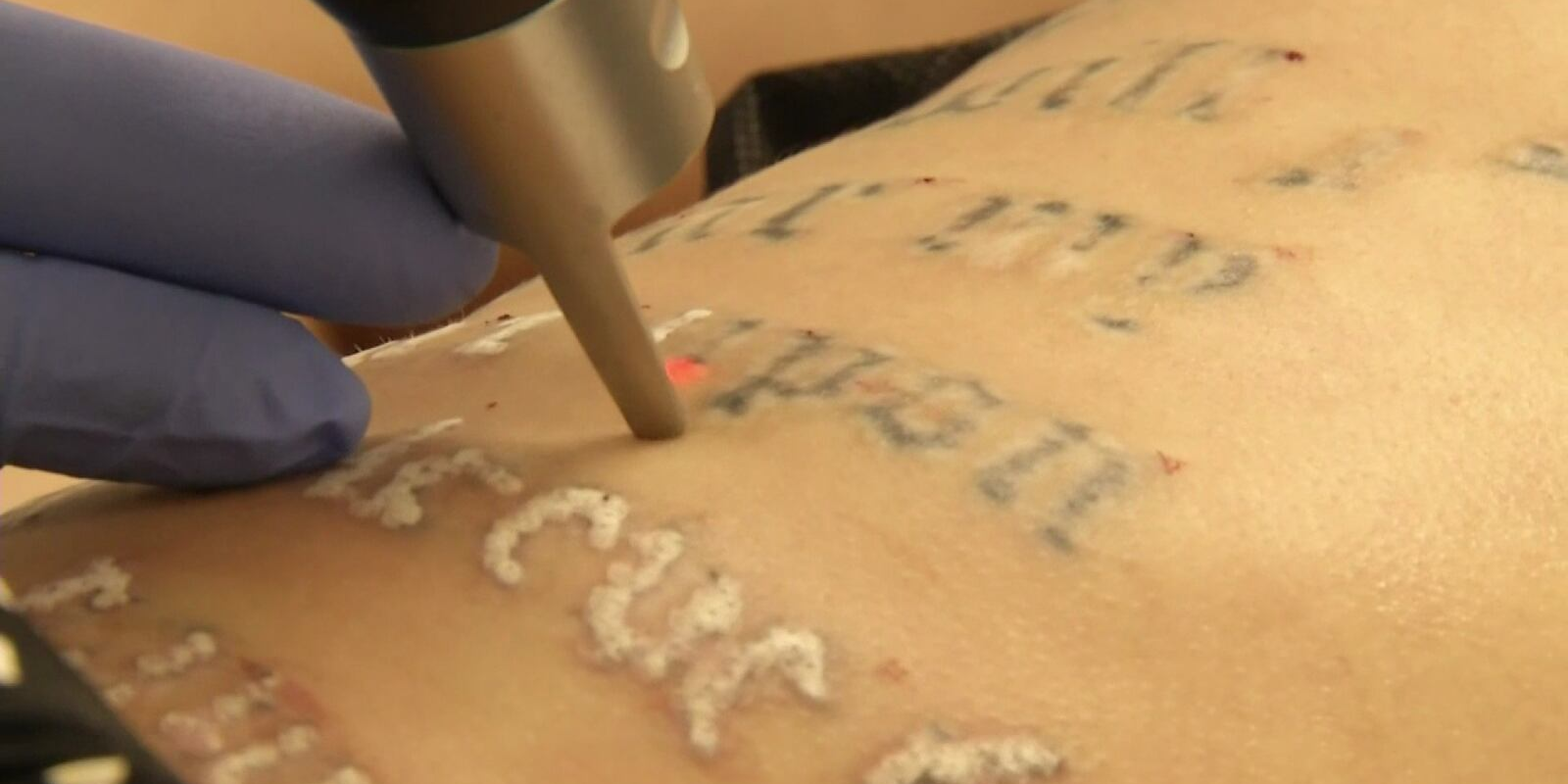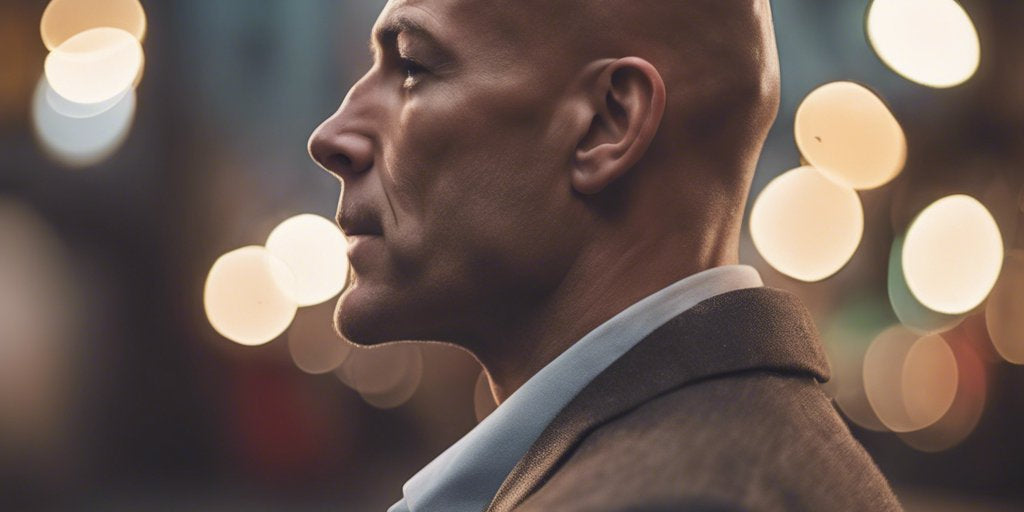The Psychological Impact of Tattoos: How Ink Can Influence Perception

When it comes to self-expression and personal identity, tattoos have become increasingly popular in recent years. The art of tattooing has been practiced for centuries, but the social acceptance and mainstream popularity of tattoos have skyrocketed in the modern era. What was once considered taboo or limited to specific subcultures is now embraced by people from all walks of life. However, beyond the aesthetics and symbolism, tattoos have a profound psychological impact that can influence the perception of both the wearer and those around them.
Self-Expression and Identity
Tattoos are often seen as a form of self-expression, allowing individuals to communicate their beliefs, values, and personal narratives through art permanently etched on their skin. Each tattoo tells a unique story, creating a visual representation of one's identity. Whether it's a small symbol or a larger, intricate design, tattoos become an extension of oneself.
By choosing to get a tattoo, individuals seize control over their own bodies, asserting their autonomy and making a lasting statement about who they are. Research suggests that this act of self-expression can contribute to an increased sense of self-esteem and self-confidence, empowering individuals to embrace and celebrate their individuality.
Social Perception and Stereotypes
While tattoos have gained widespread acceptance, there are still lingering stereotypes and prejudices associated with those who choose to ink their skin. Some people may have preconceived notions about tattooed individuals, associating them with rebellion, criminality, or a lack of professionalism. These stereotypes can impact how tattooed individuals are perceived in various social and professional settings.
However, research has shown that these stereotypes are often unfounded. In fact, a study published in the Journal of Applied Social Psychology found that investment in tattoos is not associated with negative personality variables or criminal behavior. Nevertheless, the negative stereotypes persist, which can lead to misconceptions and unfair judgments.
Tattoos as Empowerment
While some individuals may face societal stigmas and judgment because of their tattoos, many wearers find their ink empowering. Tattoos can serve as a reminder of personal growth, resilience, and triumph over adversity. They can also be a source of comfort and inspiration, providing a sense of belonging to a larger community.
For example, individuals who have conquered significant challenges or overcome traumatic events may choose to get tattoos as a way to memorialize their strength and resilience. These tattoos can serve as a visible reminder of their journey, providing a sense of empowerment and pride.
Tattoos as Emotional Expression
Tattoos can also serve as a means of emotional expression, allowing wearers to externalize and process emotions through art. For some, getting a tattoo can be a cathartic experience, a way to cope with grief, loss, or significant life changes. By choosing a design that holds personal meaning, individuals can create a permanent reminder of their emotional journey.
Moreover, tattoos can also serve as conversation starters and facilitate connections with others. People often inquire about the meaning behind tattoos, providing wearers with an opportunity to engage in meaningful interactions and share their personal stories.
Attractiveness and Confidence
The impact of tattoos on perceived attractiveness is a subject of ongoing debate. While societal beauty standards can vary, many studies have found that tattoos can enhance an individual's overall perceived attractiveness.
A study published in the Archives of Sexual Behavior revealed that men with tattoos were perceived as more dominant and masculine by both men and women. Additionally, another study conducted at the University of St. Andrews found that women rated men with tattoos as more attractive and healthy compared to those without tattoos.
For individuals who may feel insecure about their appearance, tattoos can serve as a source of increased self-confidence. By adorning their bodies with meaningful and aesthetically pleasing designs, they can feel more comfortable and empowered in their own skin.
Cultural and Symbolic Meanings
Tattoos often carry cultural and symbolic meanings. From traditional symbols and tribal designs to modern interpretations, these inked creations can hold great significance to the wearer and their cultural heritage.
For example, in Polynesian culture, tribal tattoos known as "tā moko" symbolize a person's social status, genealogy, and personal achievements. Similarly, Japanese traditional tattoos, known as "irezumi," often depict elements from Japanese folklore, myths, and spiritual beliefs.
By wearing culturally significant tattoos, individuals can connect with their heritage, honor their ancestors, and showcase their cultural pride. These tattoos become a statement of belonging and a celebration of diversity and multiculturalism.
Changing Perceptions
In recent years, perceptions of tattoos have significantly changed. What was once considered a mark of rebellion and counterculture has now become an accepted and celebrated form of self-expression.
Organizations and industries that previously had strict policies against visible tattoos have started to relax their regulations, recognizing the shifting attitudes towards body art. Many companies now encourage self-expression and diversity, valuing an individual's talents and qualifications over their external appearance.
Embracing Individuality
Ultimately, tattoos have a profound psychological impact on both the wearer and society as a whole. They allow individuals to express their unique identities, stimulate conversations, challenge stereotypes, and empower wearers to embrace their individuality. As society continues to evolve and become more accepting, it is important to celebrate the diverse forms of self-expression, including the art of tattoos.
So, whether you're considering getting your first tattoo or adding to your existing collection, remember that tattoos are more than just ink on skin – they are powerful symbols of personal growth, emotions, cultural heritage, and individuality.

This article was brought to you by ZOOTATTOO® The world's premium vegan aftercare balms, creams, adhesive wraps, and cleansers. We only use high quality exotic Australian Organic Hemp Oil and complimentary botanical ingredients for when you're healing tattoos, scalp micro-pigmentation and laser treated skin.You won't look back!
FREE SHIPPING on orders over $100AUD to USA, Australia, Canada, New Zealand, UK, Belgium, Germany, France, Ireland, Switzerland and Netherlands ORDER HERE
** Not redeemable with other promotional discounts.
0 comments
